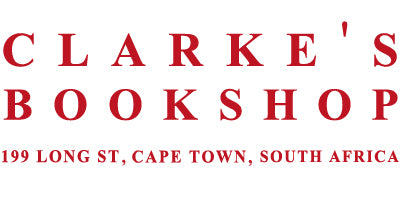PORTRAIT OF A PEOPLE, a personal photographic record of the south african liberation struggle,
Oblong 8vo., 200pp., illus., paperback, slightly rubbed, International Defence and Aid Fund for Southern Africa, London, 1981
About the Book
Adapted from the Introduction
This book presents a powerful photographic chronicle of South Africa’s freedom movement, capturing pivotal events from the mid-1940s through the early 1960s. These images, many of which were originally taken for New Age—a progressive weekly aligned with the African National Congress—offer a visual narrative of the struggle against apartheid and the everyday courage of those who resisted it.
Taken during a time of heavy press censorship, these photographs provide rare and candid insight into a history that was often suppressed or distorted. As young people today seek knowledge and political awareness through reflection on the past, this book aims to honour those who came before—and to inspire a new generation in the continued pursuit of justice and freedom.
About the Publishers
The International Defence and Aid Fund for Southern Africa (IDAF) was a pivotal anti-apartheid organisation that, over a period of 25 years, secretly channelled over £100 million into South Africa. Its mission was twofold: to fund the legal defence of political activists persecuted under apartheid laws and to support their families during imprisonment or exile.
IDAF originated from Christian Action (CA), an organisation founded by Canon John Collins, who was deeply committed to the intersection of Christianity and social justice. After witnessing the brutal realities of apartheid during a visit to South Africa in 1954, Collins resolved to mobilise support for those resisting the regime. His commitment became concrete in 1956, during the landmark Treason Trial, when 156 anti-apartheid leaders were arrested. Collins responded by sending funds to Bishop Ambrose Reeves of Johannesburg to secure legal representation, laying the foundation for the British Defence and Aid Fund for Southern Africa, which would later become IDAF.
As the apartheid state intensified its repression, IDAF evolved into a globally supported organisation, with branches in Britain, New Zealand, Holland, and India, and financial backing from Scandinavian countries and the United Nations. In 1966, the South African government, under Minister of Justice Johannes Vorster, banned IDAF through the Suppression of Communism Act, forcing the organisation underground. Yet it continued its vital work through clandestine channels.
In addition to financial support, IDAF was a prolific source of research and publications documenting apartheid’s human rights abuses. After Canon Collins’ death in 1982, Horst Kleinschmidt took over as director and continued the organisation’s work until its eventual closure.

